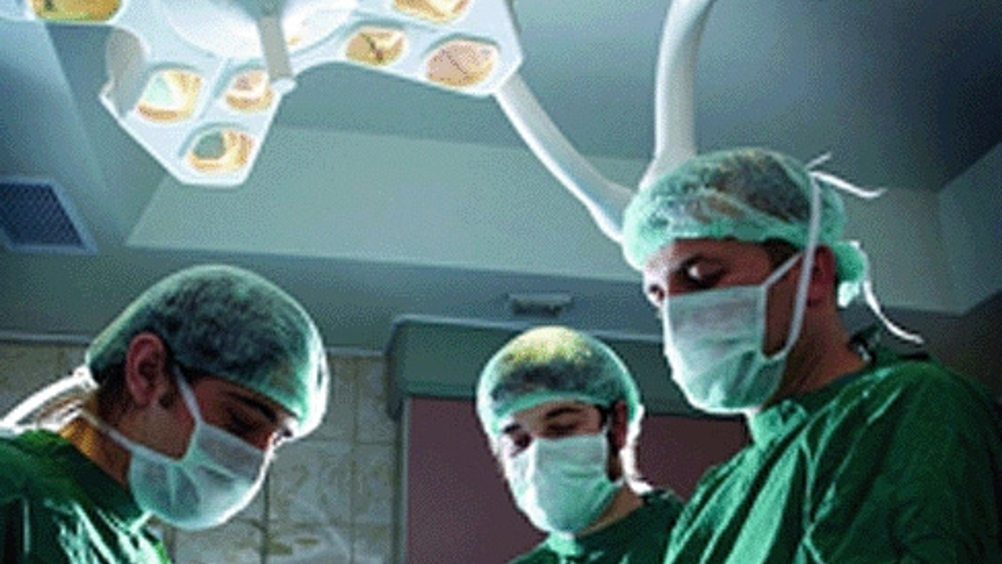Bioadhesives, tissue sealants and haemostatic agents have become the favoured products to control bleeding and promote tissue healing after surgery but many of them have side effects or other problems, including an inability to perform well on wet tissue.
‘To solve this medical problem, we looked at nature,’ said Jian Yang, associate professor of bioengineering at Penn State. ‘There are sea creatures, such as the mussel, that can stick on rocks and on ships in the ocean. They can hold on tightly without getting flushed away by the waves because the mussel can make a very powerful adhesive protein. We looked at the chemical structure of that kind of adhesive protein.’
Yang, along with University of Texas-Arlington researchers Mohammadreza Mehdizadeh, Hong Weng, Dipendra Gyawali and Liping Tang, took the biological information and developed a wholly synthetic family of adhesives.
They are said to have incorporated the chemical structure from the mussel’s adhesive protein into the design of an injectable synthetic polymer.
According to a statement, the bioadhesives (iCMBAs) adhere well in wet environments, have controlled degradability, improved biocompatibility and lower manufacturing costs, putting them a step above current products such as fibrin glue and cyanoacrylate adhesives.
Fibrin glues are fast acting and biodegradable but have relatively poor adhesion strength. They may also carry risk of blood-borne disease transmission and have the potential for allergic reactions due to animal-based ingredients.
Cyanoacrylate adhesives offer strong adhesion, rapid setting time and strong adhesion to tissue, but they degrade slowly and may cause toxicity, often limiting their use to external applications.
Additionally, neither product is effective when used on wet tissue — a requirement of internal organ surgery, nor are there any current commercially available tissue adhesives or sealants appropriate for external and internal use.
The researchers tested the newly developed iCMBAs on rats, using the adhesive and finger clamping to close three wounds for two minutes. Three other wounds were closed using sutures. The researchers reported their findings in a recent issue of Biomaterials.
The iCMBAs provided 2.5 to 8.0 times stronger adhesion in wet tissue conditions compared with fibrin glue. They also stopped bleeding instantly, facilitated wound healing, closed wounds without the use of sutures and offered controllable degradation.
‘If you want the material to stay there for one week, we can control the polymer to degrade in one week,’ said Yang. ‘If you want the material to stay in the wound for more than a month, we can control the synthesis to make the materials degrade in one month.’
The iCMBAs are also non-toxic, and because they are fully synthetic, they are unlikely to cause allergic reactions. Side effects were limited to mild inflammation.
The researchers are now working on improving the formula.











Deep Heat: The new technologies taking geothermal energy to the next level
No. Not in the UK. The one location in the UK, with the prospect of delivering heat at around 150°C and a thermal-to-electrical efficiency of 10-12%,...